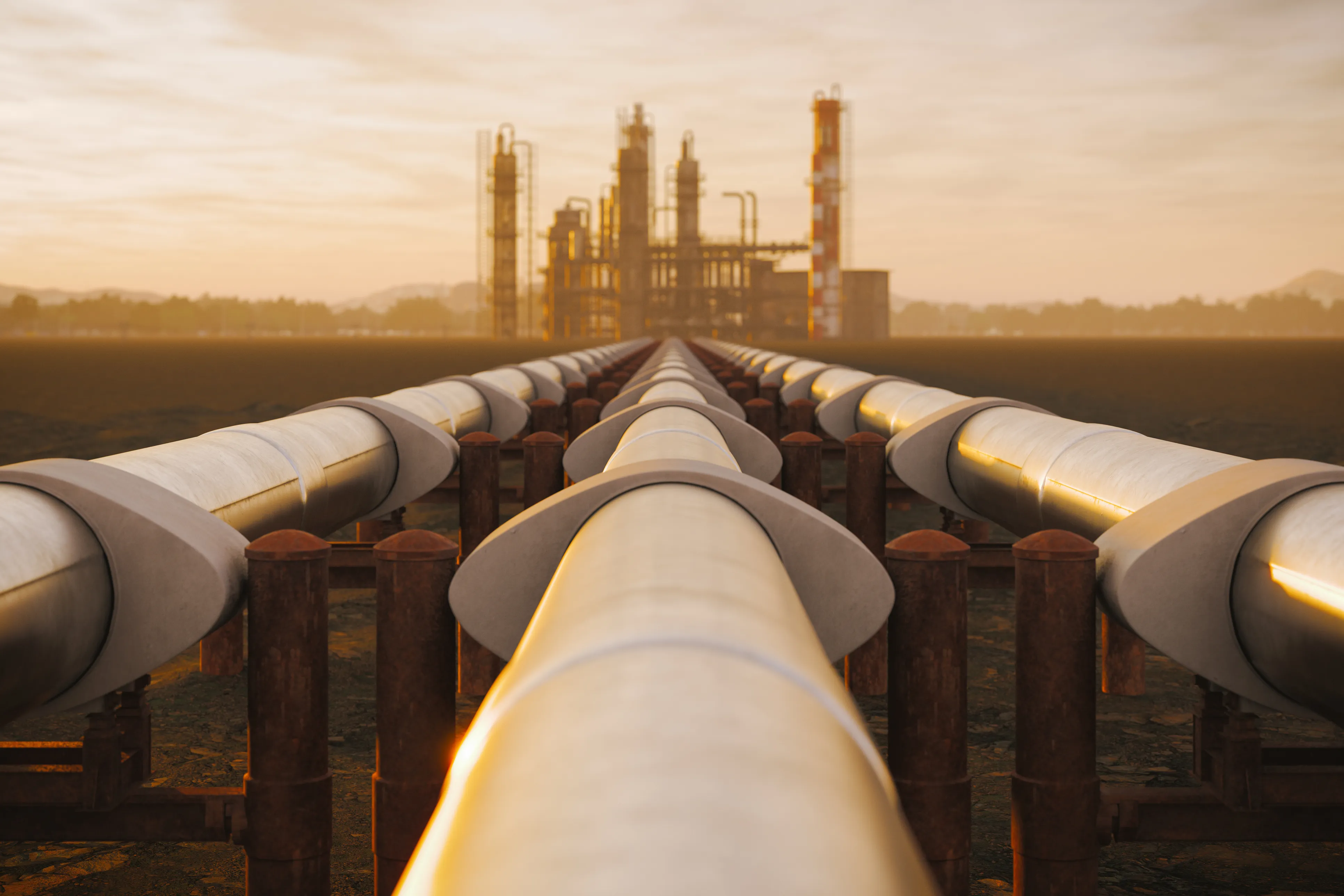What Role for Natural Gas in the EU?
Lower gas demand is a win for the climate but comes with a heavy price for European industry and competitiveness

By Dimitar Lilkov, Senior Research Officer at the Wilfried Martens Centre for European Studies in Brussels
Talking seriously about energy and climate policies has become a tricky business in Brussels. Aspirational decarbonisation scenarios and emissions targets seem to be the weapon of choice, rather than physical realities, market dynamics or European economic interests.
Even the most severe energy crisis in the history of this Union didn`t sober things up. The EU did succeed through a combination of prudent policy measures, diversification of energy imports and considerable emergency spending. Record-breaking warm winters also helped. Overcoming Europe`s dependence on Russian natural gas and Putin`s grip is a feat to be celebrated. However, the conversation about pivoting away from Gazprom gas quietly morphed into a push to reduce overall natural gas usage. There was already near consensus in Brussels that we are done with coal, so why not also do away with natural gas and shift the clean energy transition into high gear?
There is a case to be made that the continent did manage with less gas. European natural gas storage numbers are healthy and even had 58% capacity at the beginning of April. Gas demand for 2023 was around 400 billion cubic metres (bcm) which is a substantial decrease compared with years prior. One question looms large—can we assume that this demand reduction is permanent and the EU has the necessary alternative energy?
Unfortunately, we are looking at painful demand destruction rather than an orderly and balanced demand reduction. In the last few years, European iron and steel production took a noticeable hit; while 50% of aluminum and 70% of ammonia capacity has been curtailed. Even though the price for natural gas in Europe normalised, the latest averages are still more than double the usual gas price in the previous decade. Industrial production in the Eurozone has been in constant decline in the last twelve months with more than a 6% overall slump compared to 2023. A recent survey of the EIB shows that energy costs are the biggest obstacle to European firms’ long-term investment decisions.
Bizarrely, for some, this is a welcome turn of events. The decline in energy usage means fewer CO2 emissions and optimised energy usage. A recent report by a climate-focused research group even went so far to suggest that Europe should embrace deindustrialisation and give up on trying to compete with other industrial producers. There is dangerous flirtation with de-growth notions again in Europe and this time they come in the guise of energy austerity.
If we take off the green-tinted glasses we can see that electricity and gas demand is healthy and growing globally. The burning of gas molecules provides 40% of US electricity with America increasing both its production and consumption of the resource annually. China`s voracious appetite for natural gas has made it the world`s biggest LNG importer while the country has more than doubled its gas usage since 2011. Overall, global gas demand for 2024 is expected to rise by 2.5% as the world keeps producing goods, heating homes or transitioning away from coal.
European capitals remain the masters of energy policy and need to adjust the current course. First, we need political clarity on the long-term role of natural gas in the EU. It will be a vital transitory resource towards carbon neutrality and serve as an important back-up to cover for the intermittency of solar and wind output—not to mention safeguarding energy security as a potential cold winter and higher LNG demand in Asia might scramble energy prices. Additionally, by the end of 2024 Ukraine`s gas transit contract with Russia will expire, which will raise questions about the final supply volumes in certain CEE countries, as well as Ukraine itself, as it has received reverse flow back from the EU.
Second, European countries need to decide whether they are betting on a lasting model of LNG imports. Investing in regasification terminals and LNG infrastructure makes sense, but not if you continue to buy on the spot market where prices can fire up. Long-term deals from a diverse set of suppliers need to be considered, as well as the fact that certain EU regions lack access to such infrastructure. Eliminating Belgium, France and Spain`s imports of Russian LNG are also a pressing matter.
Lastly, what role for domestic gas production? Norway has been pumping as much gas as it can get its hand on, while Denmark has quietly resumed its own natural gas field exploitation. The North Sea deposits are currently stabilising the energy mix of North-Western Europe. European countries should not overlook the potential within the Black Sea and the Mediterranean. Novel exploitation of gas fields might be a taboo in progressive policy circles but pragmatic politicians should be aware what is at stake. Romania is already making progress on deep-water offshore gas sites which could be a welcome addition given the extremely low domestic supply across the whole EU.
This is not an either/or decision between natural gas and renewables. The EU needs to get as much renewable energy in the grid as possible but be open about the fact that without sufficient gas supply the energy equation simply wouldn`t add up.
